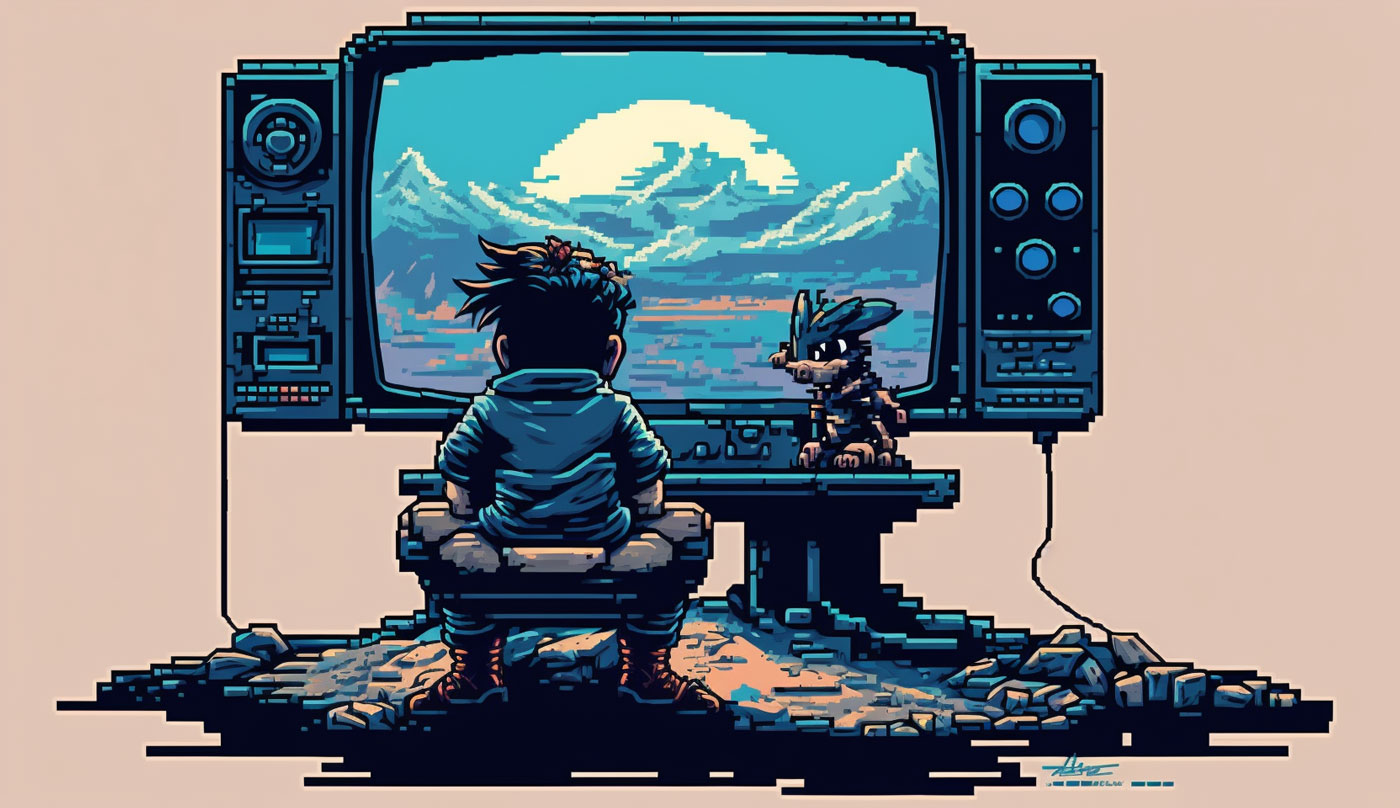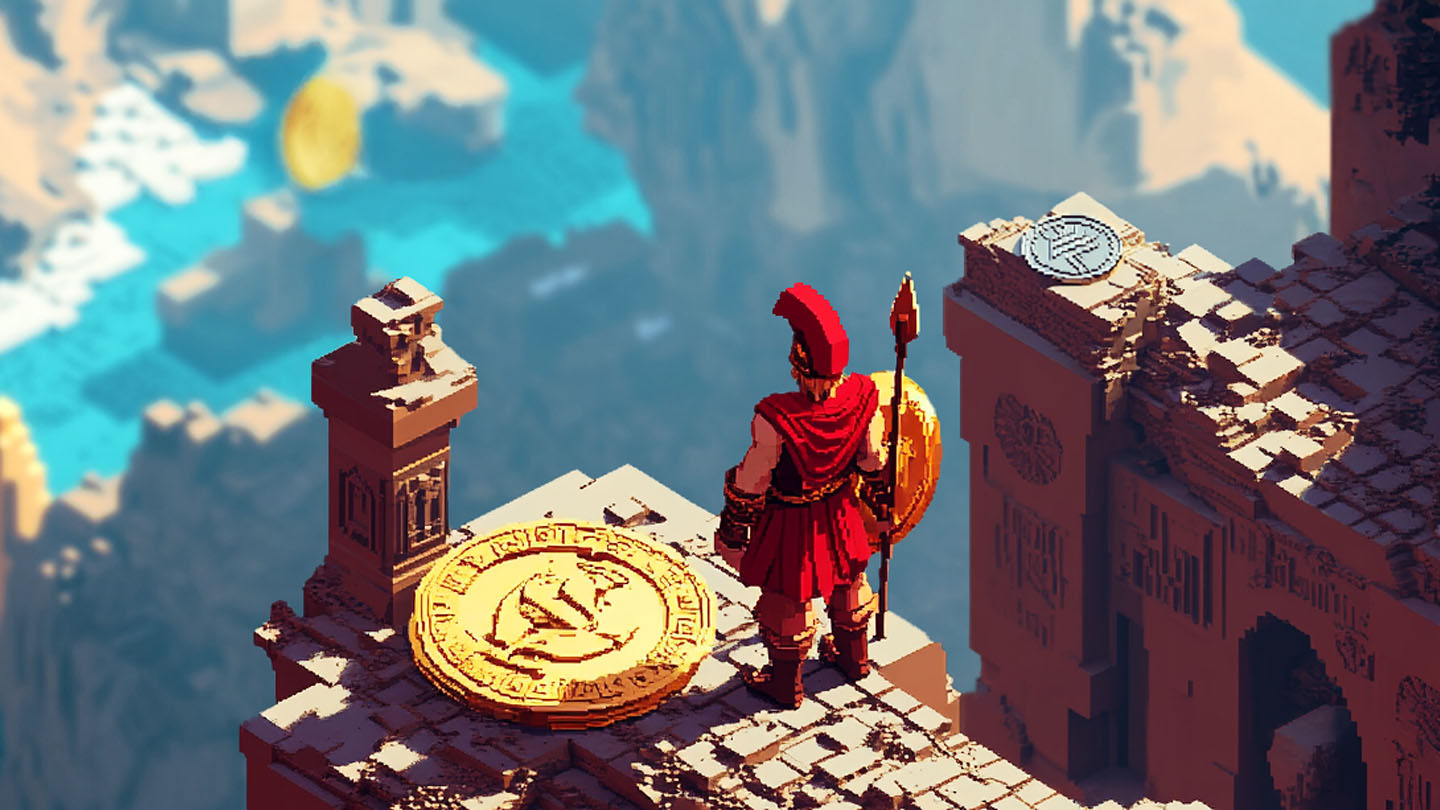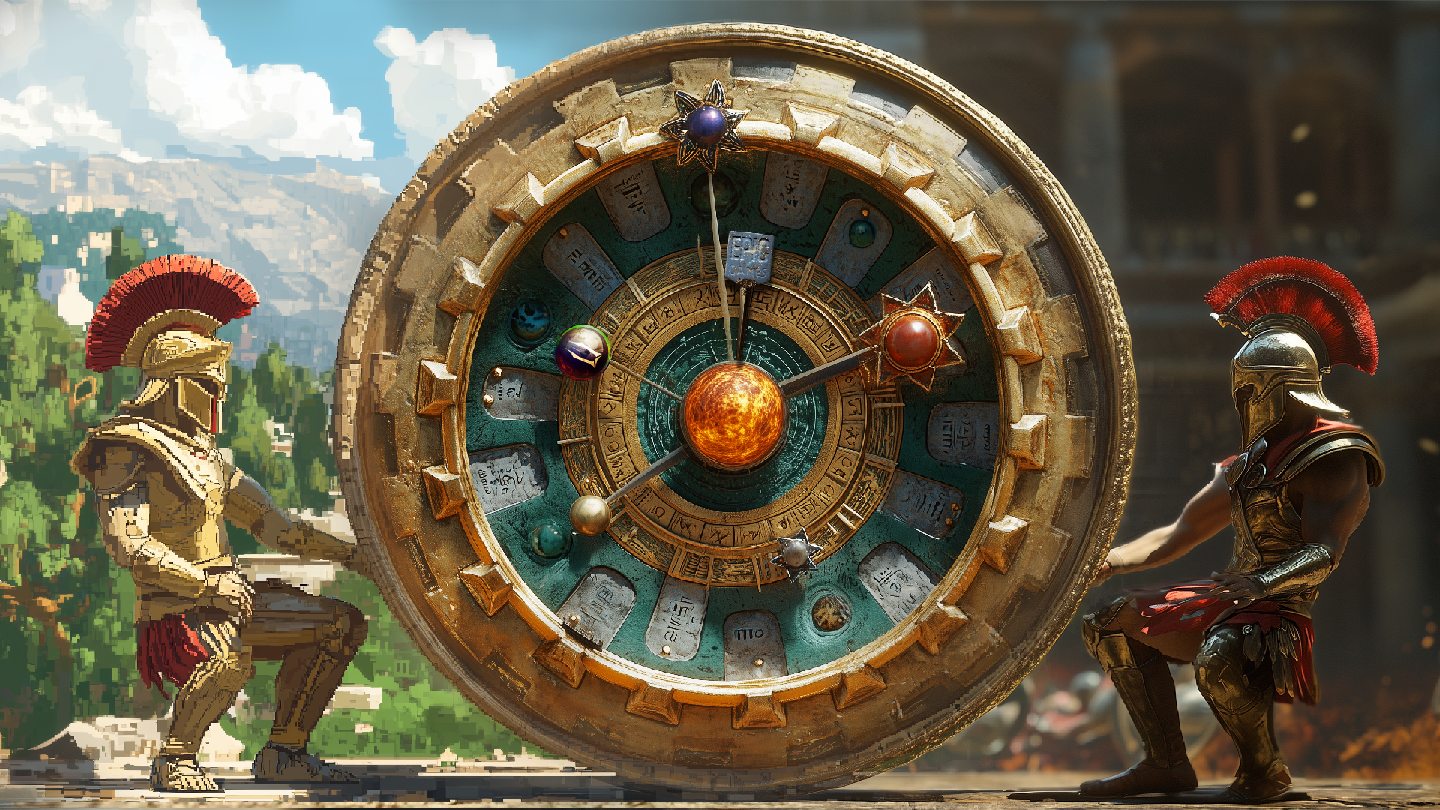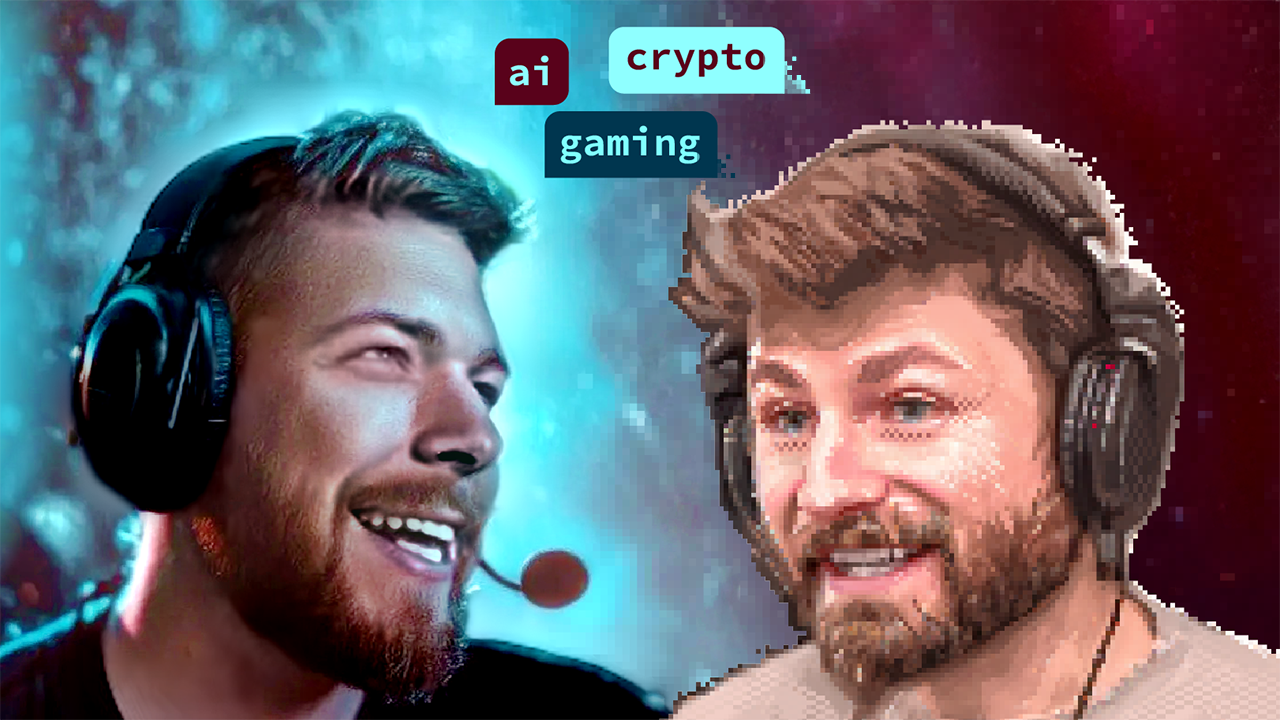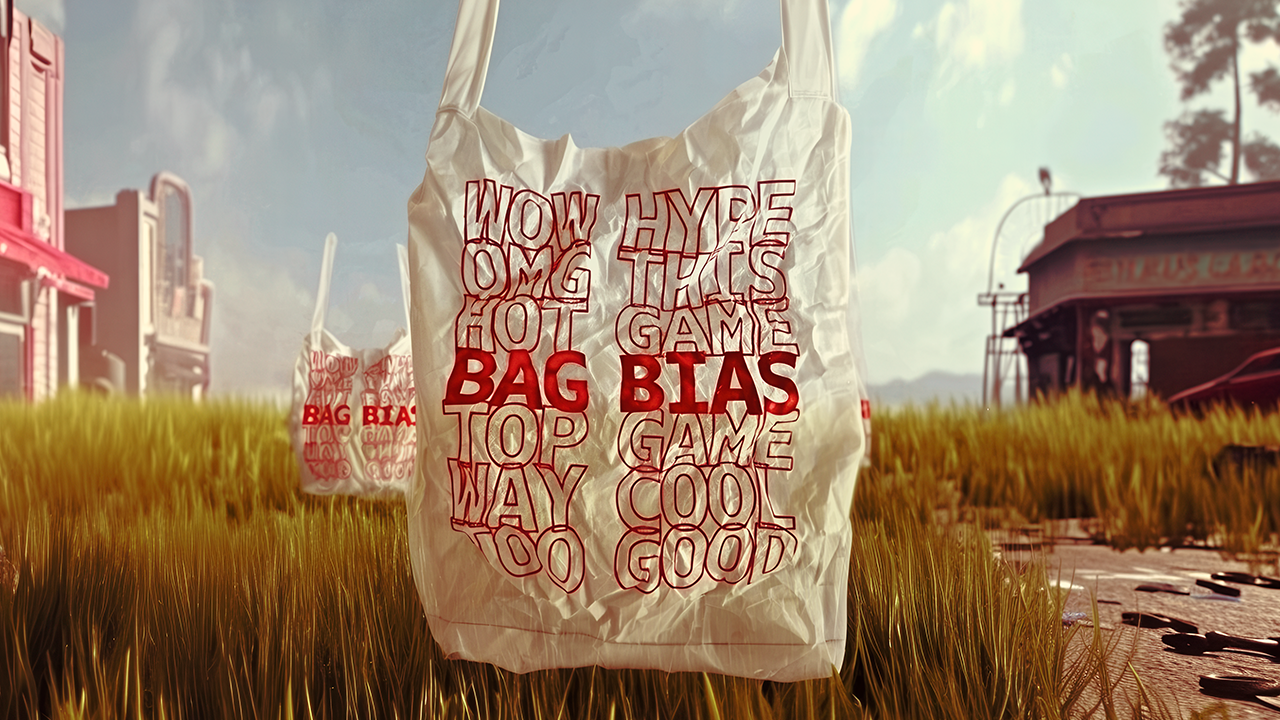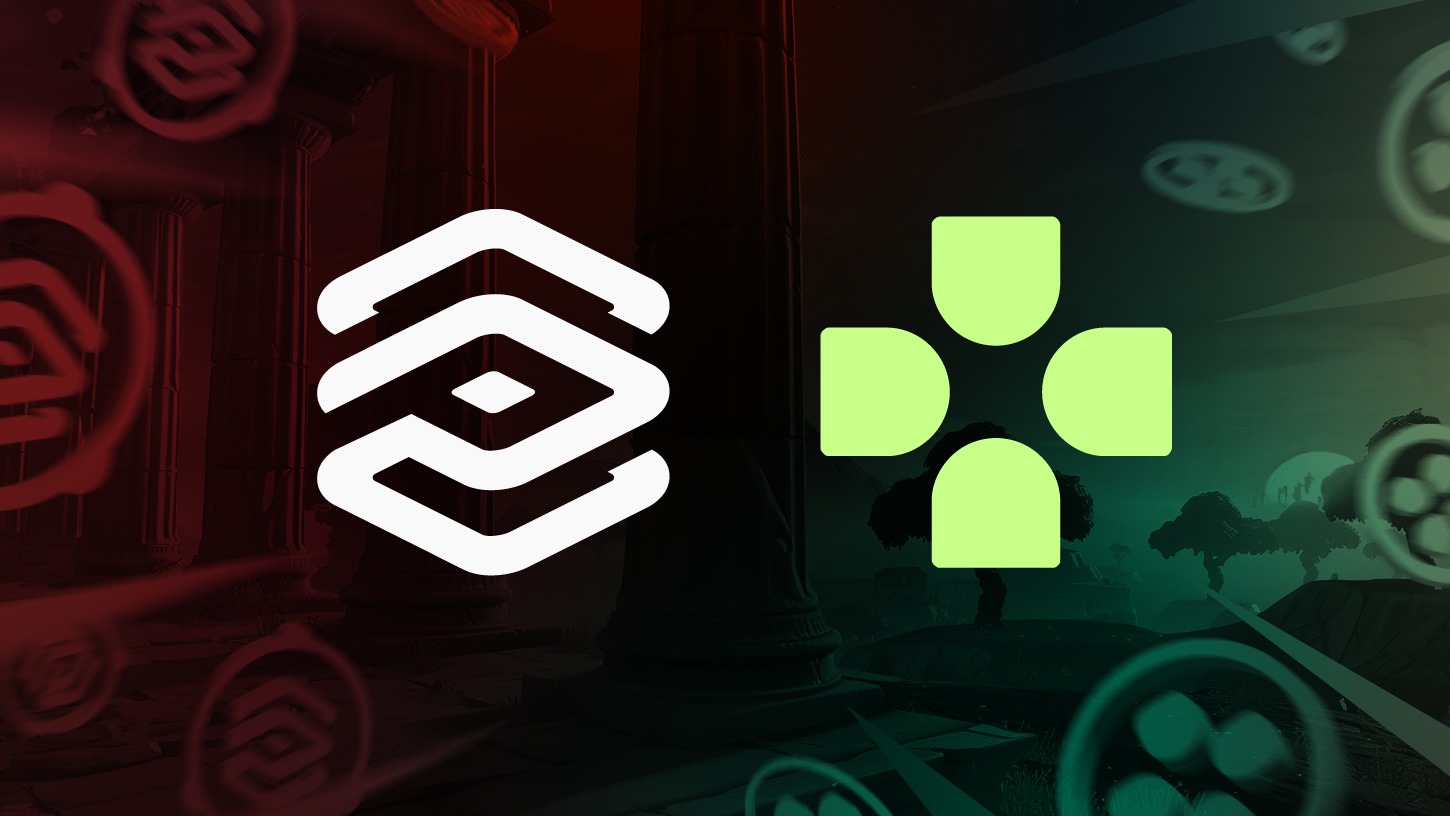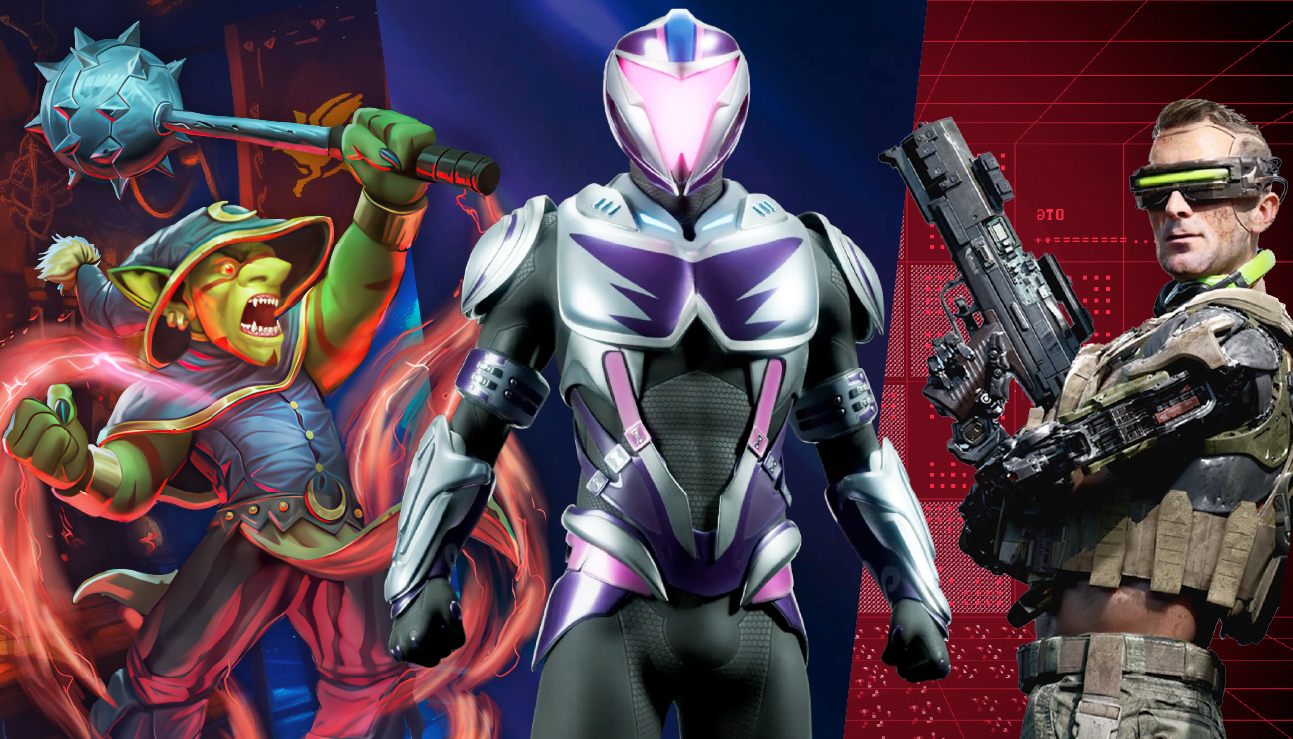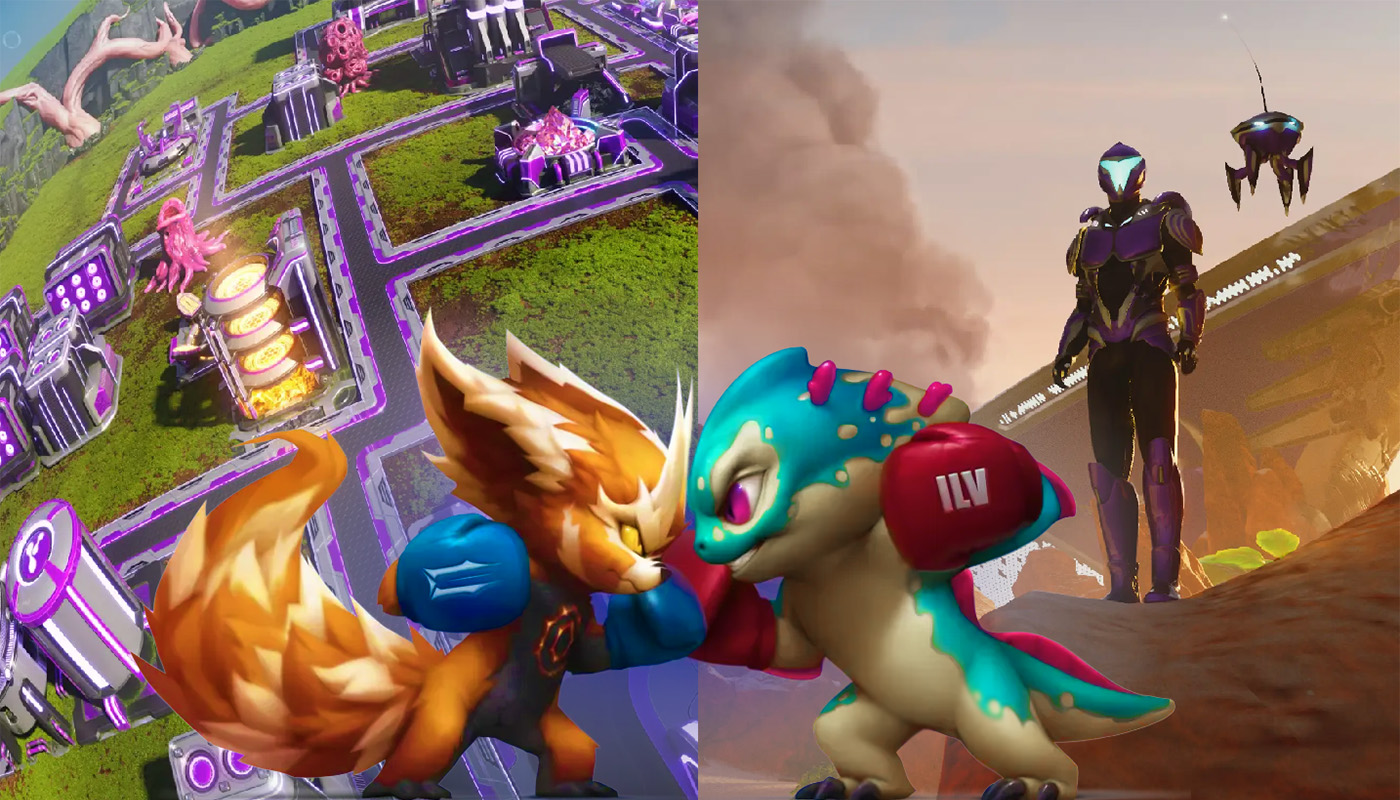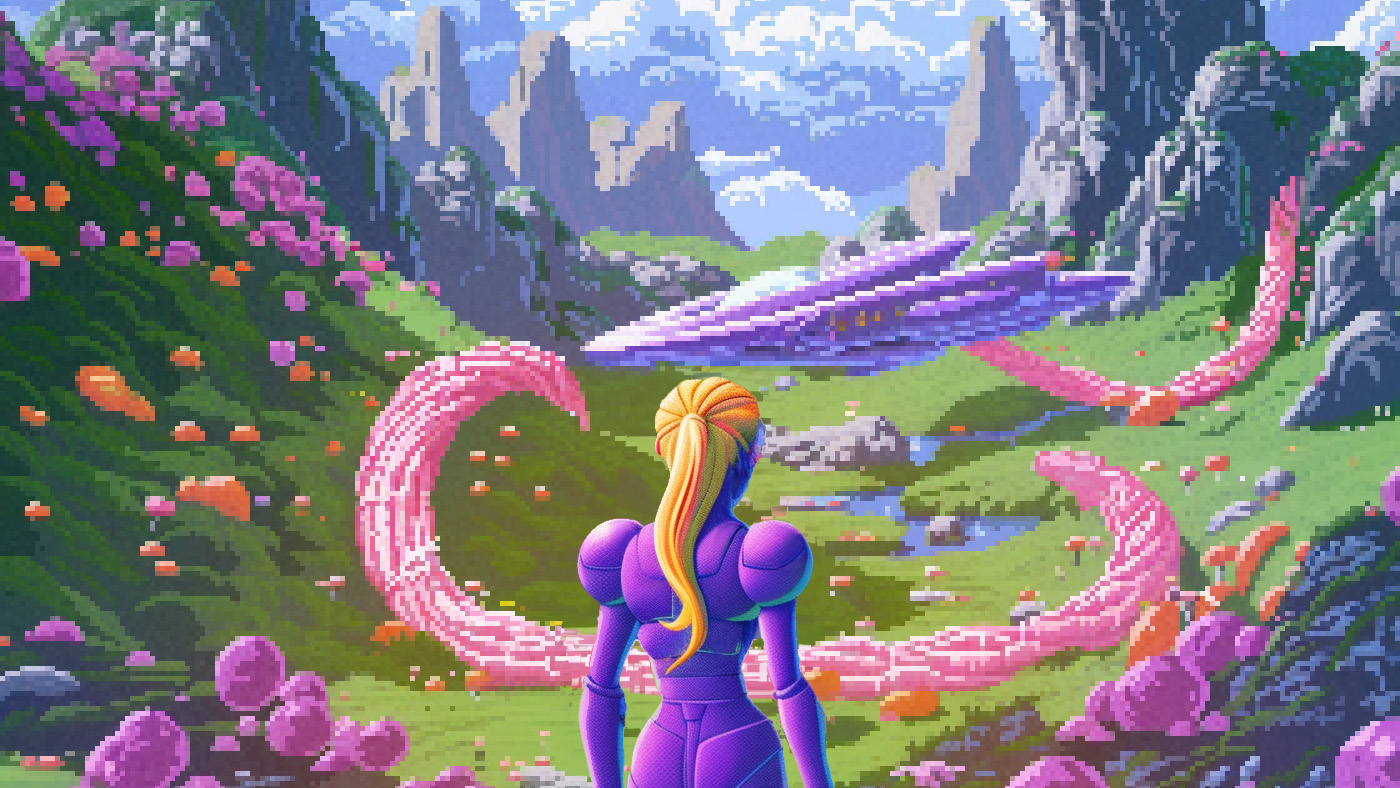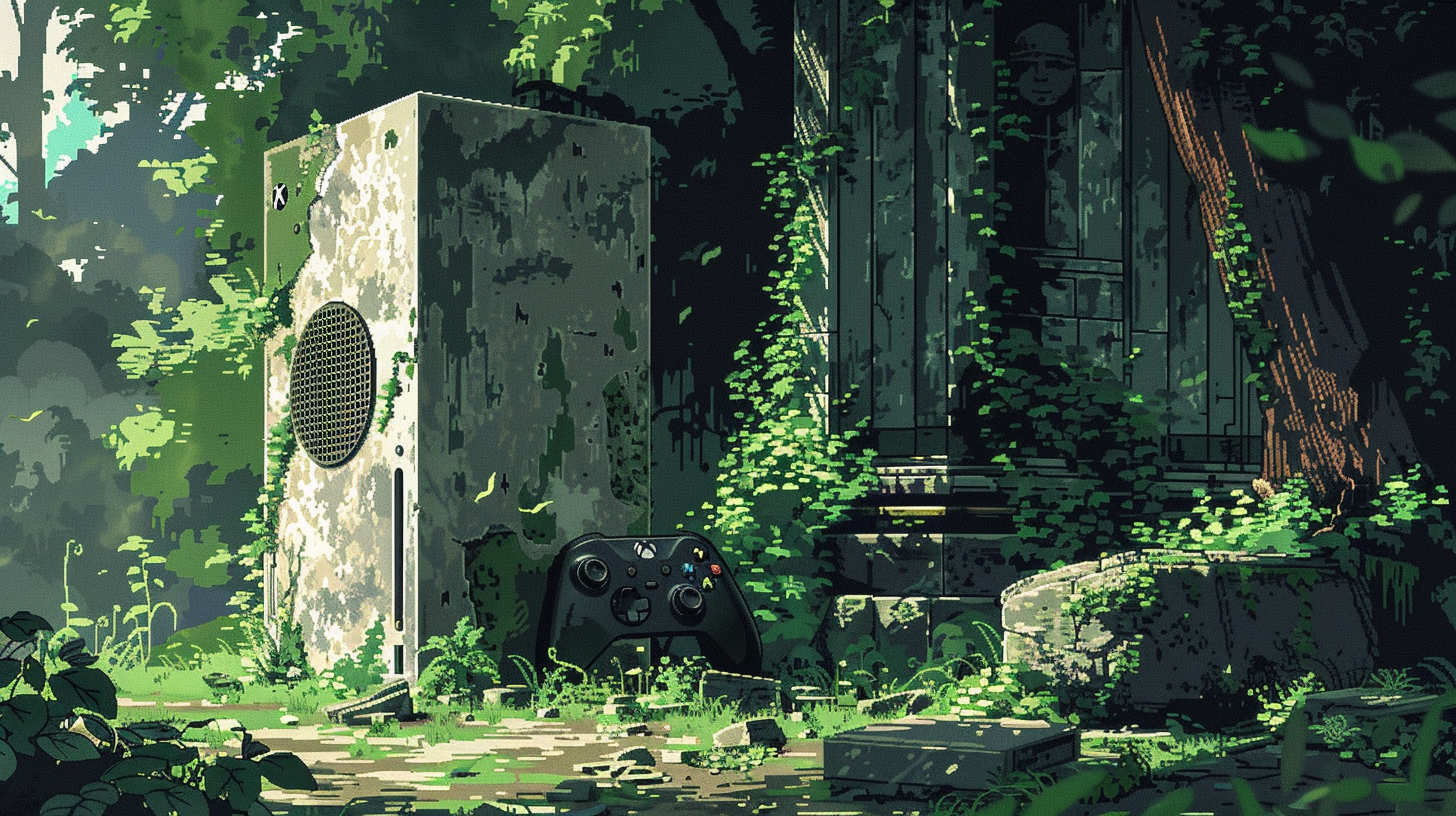“In the height of the 2021 bull run, the industry was openly promoting pay-to-win mechanics. And if anybody who’s been paying attention to gaming anytime in the last 10 to 15 years knows that pay-to-win sucks. It’s no fun to play against somebody who spent $1000 on something and can kill you in one shot.”
The quote above, from Jerry Singer of mech shooter game Metalcore, goes to the heart of one of blockchain gaming’s biggest conundrums.
The problem hinges on the difference between what the blockchain allows you to do, and what it is wise to do if you are trying to make a fun game.
Of the people I have interviewed for Polemos, almost all agree that allowing players to gain a big advantage by spending money wrecks games. It’s easy to grasp why. Most competitive games use artificial constraints that “level the field” in transparent ways, and usually, facilitate a contest whose outcome is unknown. Paying to gain advantage reduces transparency and uncertainty of outcome, and therefore fun.
If you flip it around and look at it from the developer’s perspective, rather than the player’s, you can see how this becomes a design problem.
Blockchain tech allows players to really own in-game assets, and to trade them outside the game environment. That’s a revenue and engagement opportunity for developers, but there’s a snag: if the assets have “game power” then regardless of how they were initially earned, you end up with every trade eroding game fun. Yes, the trading might be fun in itself, but that’s a niche pastime.
Some developers solve the problem by quarantining the blockchain from gameplay. Extraction shooter Shrapnel, for example, only allows cosmetic NFTs, and will use the blockchain to facilitate payments to map makers. Collectible card MOBA Wildcard, which has been built as a spectator sport, says the blockchain “will create an actual connection between content creators and their fans”. There will be no paying for stuff that helps you in the arena.
There is a growing tendency for studios to move away from describing their new projects as “blockchain games” or “web3 games”. This makes sense as a response to mainstream gamer hostility to NFTs, but I believe awareness of the pay-to-win conundrum is also feeding into it.
Blockchain integrations are just one part of what makes a game good, rather than the defining factor. As Sam Peurifoy once said to me, referring to the protocol at the heart of the internet, we don’t talk about TCP/IP games, so why talk about blockchain games?
In the World Of Warcraft closet

The quote above was taken from my Key Characters interview this week. Here’s another snippet.
Hal: Games are getting bigger. They’re four times the size of Hollywood as an industry, and just now we’re seeing a mainstream awareness and commercial adoption of games. Do you think this is surprising?
Jerry: I think it’s surprising it took this long. When I think of just my lifetime … I’m 30, and when I was in high school, I didn’t really tell people I played World Of Warcraft. I was an athlete … I was this kid that was playing baseball and I went on to play sports in college. The stigma at the time, this was only 15 or so years ago … it was still something that wasn’t as accepted as it is today.
And it always didn’t make sense to me … now you’re seeing some companies completely blow that out of the water, building TV shows like Arcane, right? And I think a lot of people don’t even realize that when you’re watching Arcane, you’re immersing yourself in the story of one of the biggest games that exists … League of Legends.
The story of how Jerry got into crypto, and from there to the Metalcore team, was surprising and the conversation got deeper than I expected. I recommend you have a listen.
Blizzard, Battle.net and the curse of exclusivity
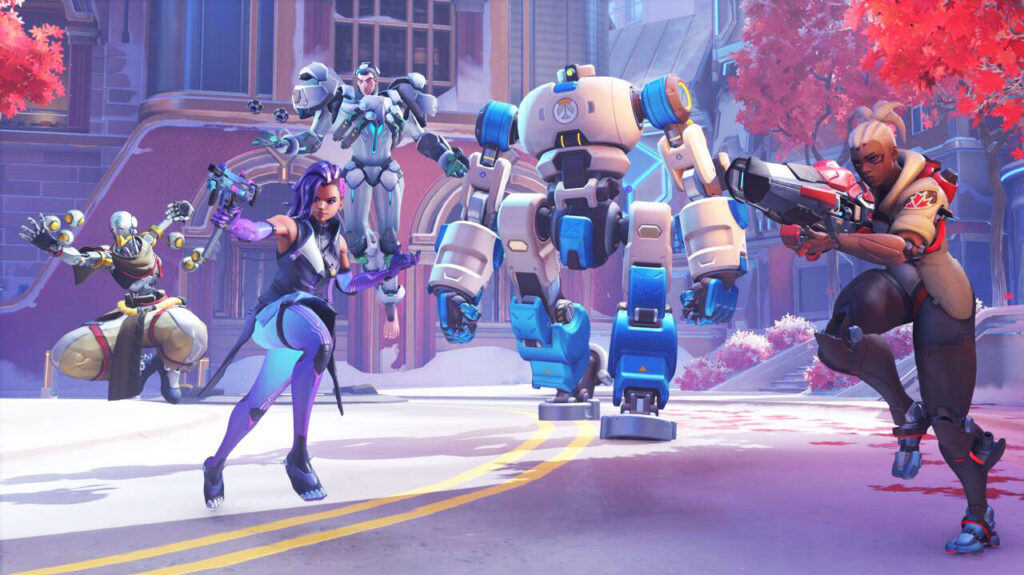
No matter how big you are, it’s hard to make an exclusive platform work.
Blizzard this week announced it was launching one of its hit games, Overwatch 2, on Valve’s Steam platform.
This is a big deal because Blizzard, makers of World Of Warcraft, Starcraft and Diablo, launched their own exclusive game platform, Battle.net, way back in 1996. As an in-house gaming platform it was unprecedented, pre-dating Steam (which began as an exclusive platform but opened up to other games in 2005). Battle.net stuck to its exclusive strategy and relies on Blizzard’s own games along with Activision titles like Call Of Duty.
Hence the significance of breaking with exclusivity and providing Overwatch on Steam.
The situation seems somewhat analogous to the video streaming wars and the launch of big exclusive platforms like Disney+. The jury is still out on Disney+, but it’s clear time favours the Steams of this world. More content and less reliance on the quality of your own product. Read
A decade of Call Of Duty
One factor feeding into Blizzard’s decision to put Overwatch 2 on Steam could be the need to appear nice in the midst of parent company Activision Blizzard’s attempt to merge with Microsoft. You’ve heard about this before, it’s the biggest deal ever in games.
The merger is almost certainly going ahead now: on Monday Sony (the main whiner) and Microsoft signed a deal to keep the blockbuster Call Of Duty games on Playstation for the next 10 years. US competition watchdog the FTC has lost its chief witness (and Sony was always a terrible witness). Read
This is the online version of our free weekly newsletter. To sign up, head here.

